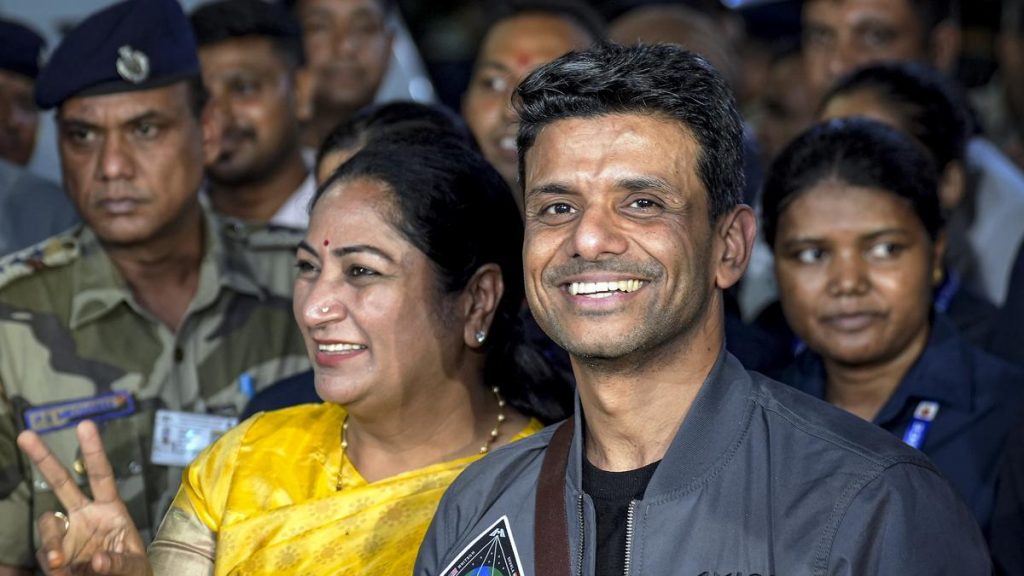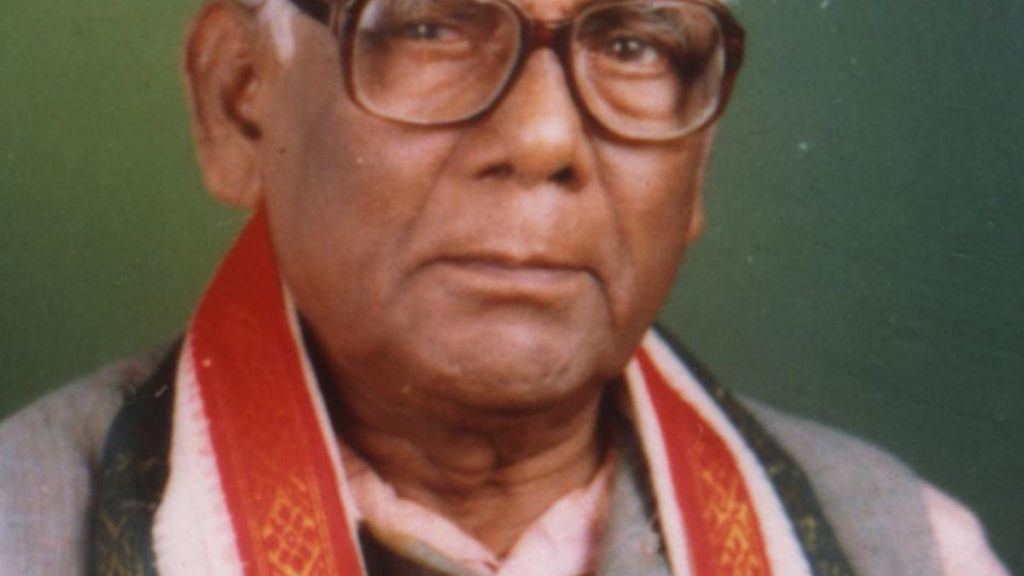Now Reading: Is Google Maps Shaping How We Think? A New Theory Emerges
-
01
Is Google Maps Shaping How We Think? A New Theory Emerges
Is Google Maps Shaping How We Think? A New Theory Emerges

Quick summary
- Over a billion people use Google Maps monthly for navigation and information.
- Recent changes in Google Maps, such as renaming “Gulf of Mexico” to “Gulf of America” and reverting “Mount Denali” to “Mount mckinley,” have raised questions about political directives influencing map updates.
- Criticism has arisen over Google’s alleged removal of negative reviews concerning the changes, sparking debate about manipulation and control.
- Researchers explore the concept of extended cognition, proposing that tools like Google Maps can integrate into human thought processes, potentially replacing mental functions like memory recall and spatial reasoning.
- Concerns are growing over passive influence-changes made by digital tools without user awareness may alter habits,perceptions,and behavior over time.
Indian Opinion Analysis
The developments surrounding Google Maps emphasize the deep entanglement between technology platforms and societal structures. While name changes might appear trivial on the surface, their impact extends to how history, geography, and collective memory are shaped. For India-a nation with diverse cultural narratives-the incident raises broader concerns about external entities dictating presentation or interpretation of historically importent places. Such passive modification can lead to subtle shifts in perception among users who rely heavily on digital tools.
The idea of extended cognition highlights how dependence on apps like Google Maps may compromise critical thinking or spatial independence. If unchecked global precedents exist for manipulated naming conventions or controlled user feedback mechanisms-as seen with negative review deletions-it becomes pertinent for India’s tech stakeholders to evaluate transparency standards within domestic mapping services. This ensures that culturally significant details aren’t vulnerable to undue alteration by private platforms working under external influences.




























